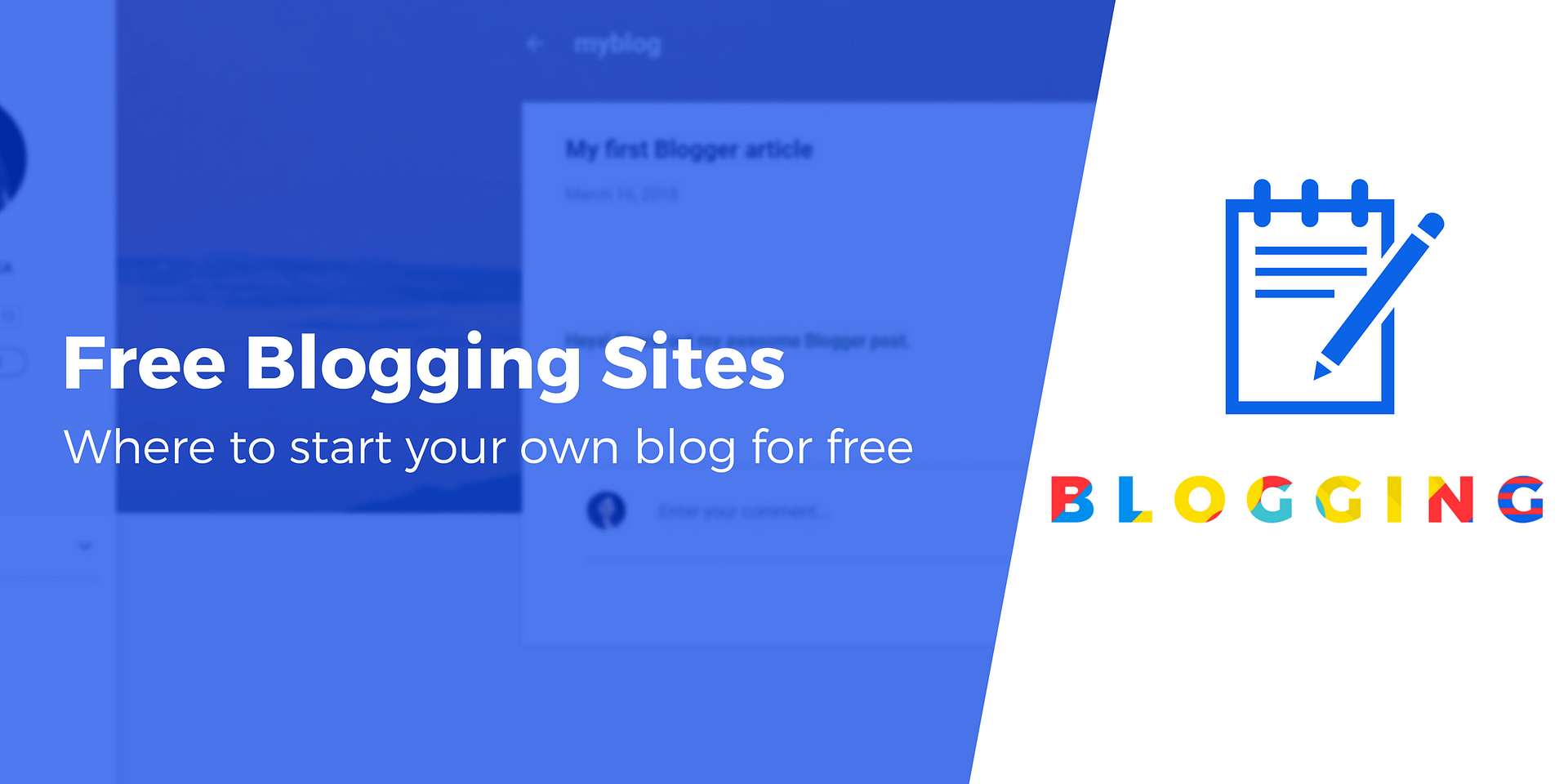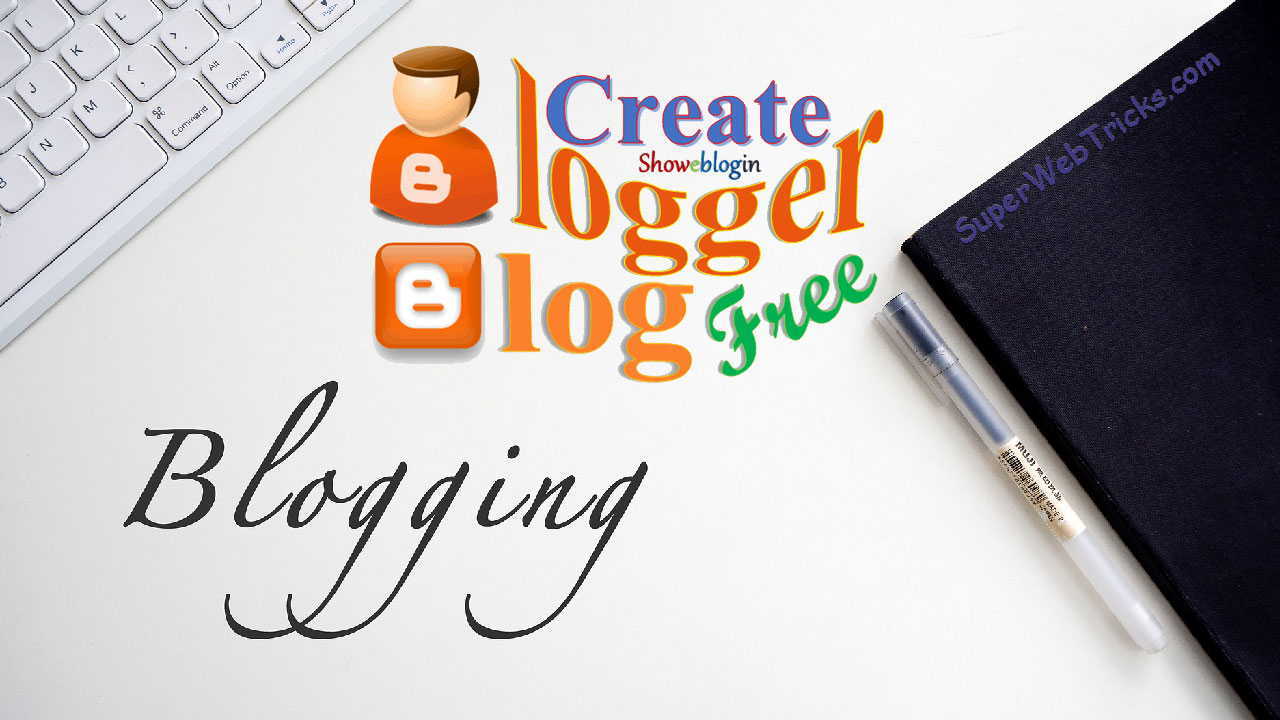

Only Header, Blog, Profile, PageList, AdSense, Attribution will be displayed on mobile if it is set to ‘default.’ It tells a widget will display on mobile or not. mobile – It can be ‘yes’, ‘no,’ or ‘default’.A widget will display only on the designated pages. pageType – It can be ‘all,’ ‘archive,’ ‘main,’ or ‘item’.If not specified, a default title such as ‘List1’ is used. title – Displays the title of the widget.You cannot move or delete a locked widget from the Page Elements tab. locked – It can have a ‘yes’ or ‘no’ value.type – It indicates the type of widget and can have one of the valid widget types listed below.A widget’s ID can only be changed by deleting the widget or creating a new widget. id – It can have letters and numbers only.Out of which, only id and type are required and others are optional. However, you can also create your own custom widget. Some default widgets are available in blogger. Section only defines the layout elements. This determines whether widgets are arranged side-by-side or stacked within a section.Ī widget is the main part which displays real data for section. growth – It can be ‘horizontal’ or ‘vertical’.This establishes whether the Page Elements tab displays the ‘Add a Page Element’ link or not. showaddelement – Consists of ‘yes’ or ‘no’ value.maxwidgets – It limits the maximum number of widgets that can be added in a section.You can also use other class names if you wish. If you change templates later, these will let you to decide whether transfer your content or not. class – Consists of common classes such as ‘navbar,’ ‘main,’ ”header,’ ‘footer, and ‘sidebar,’.id – It is the unique name of section specified in letters and numbers only.id is the only required attribute while others are optional.

You need to specify following attributes in a section. While the below format, will be considered Wrong: But around a section, it’s permissible to use HTML. Note that you can’t use HTML within a section. You will use the Widget element to define the content in a section. The basic sections are: Header, Content, Footer, Sidebar.
HOW TO CREATE A BLOG FOR FREE USING BLOGGER CODE
You will write all the code in main.xml file of Blogger.Ī blogger template is divided into sections.
HOW TO CREATE A BLOG FOR FREE USING BLOGGER HOW TO
Let’s delve deeper to see the detailed procedure that how to design blogger template with both the methods Follow Steps Create Blogger Template with manual methodĪ Blogger template consists of XHTML and blogger elements. You just select what you want, rest of the things it will handle. It will give you an easy drag & drop interface to design your template. You require no coding with this blogger template creator. But if you are a beginner and don’t know how to code – then TemplateToaster is the best to choose to create and customize blogger template. If you have good knowledge of coding, you will go for manual method to create blogger template.

How to Create Blogger Template? Tutorial for Beginners Once you make your mind to learn “How to create Blogger template from scratch”, with some basic concepts, you are ready to go. However, a little HTML, CSS and Javascript coding knowledge is required. Blogger is a well-known blog-publishing service that allows the users to create amazing blogs for free. Are you an active blog reader and want to share your views, thoughts, experiences that you earned in past years? Is it your dream to have your own blog to communicate globally? Then, you are not far away – a single step and with this tutorial for beginners learn how to create Blogger template from scratch with just few easy steps.Ĭreating blogs is really easy with blogger.


 0 kommentar(er)
0 kommentar(er)
